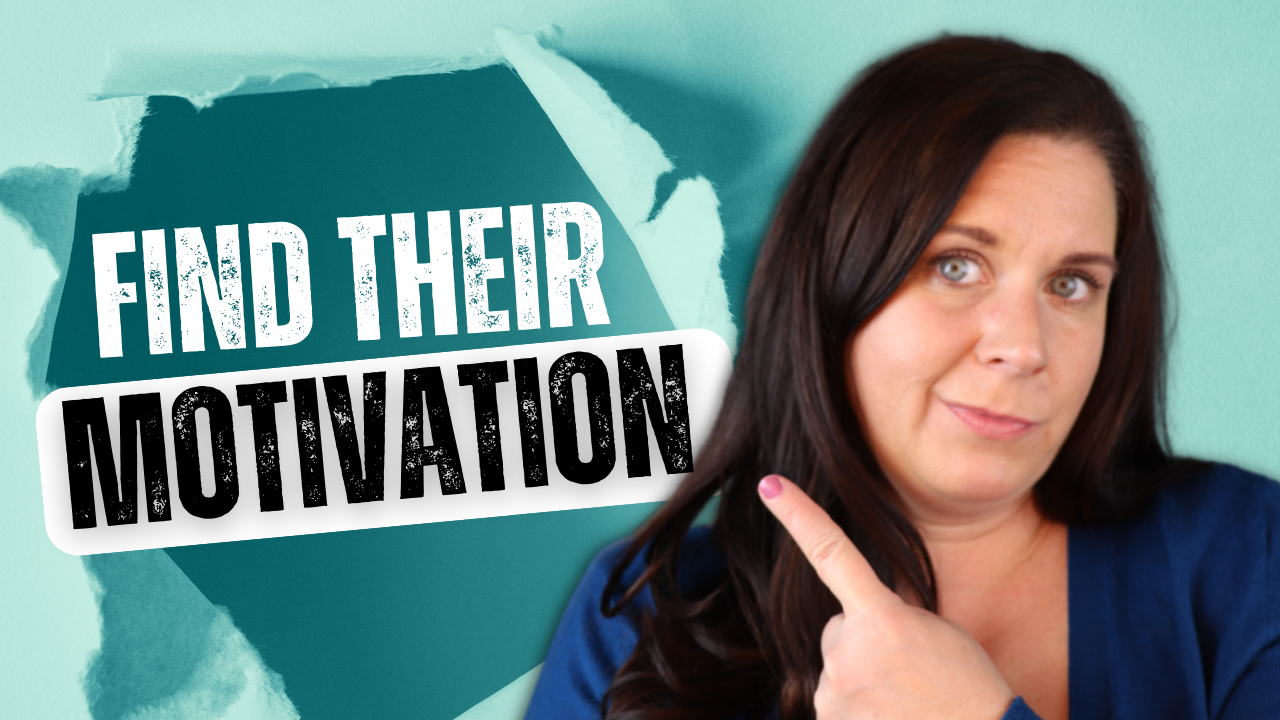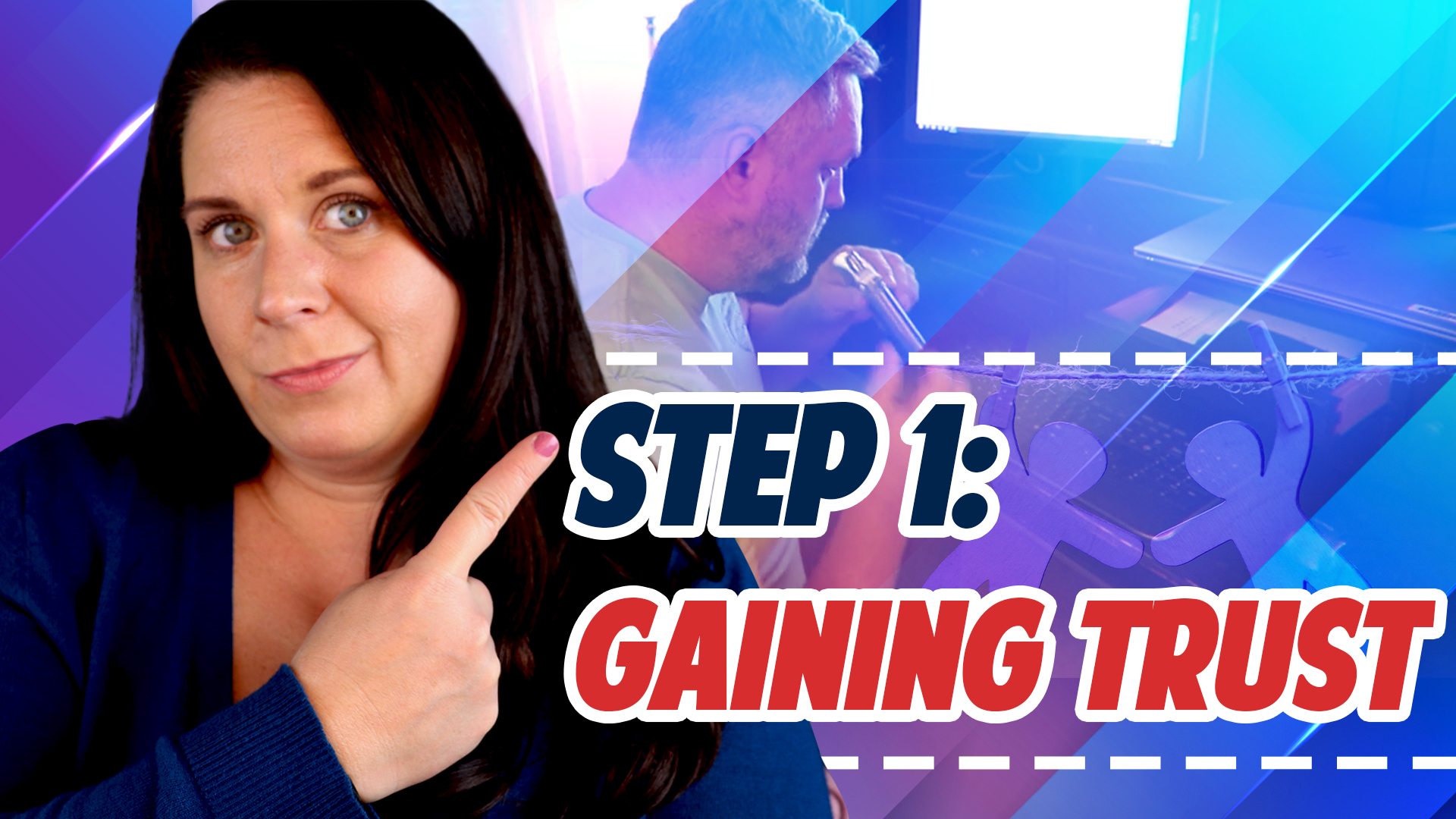Help Someone Overcome Addiction - Even When They Don't Want To Get Sober
If you can get your addicted loved one to start envisioning a future or something more hopeful, their journey towards sobriety will speed up, and you can help reinforce it.
I'm sure you're wondering, "Okay, Amber, how do we do that?"
The first thing you have to do is help them connect with their motivations for change.
Here's a tip:
If you listen closely enough, you will hear complaints or frustrations from the person. Their motivations may not seem to be tied directly to their addictive behavior, at least not in the way that they communicate it to you, but if they're wanting something in their life to improve or something about themselves to improve, those are great motivators.
Here are some examples:
- A young adult wanting to move out of their parent's house.
- Someone who wants a promotion at work.
- Someone who wants to be a good mother or father.
Everyone has something that they desire. We all do. Listen carefully to your addicted loved one's wants, desires, and goals.
Once you recognize them, I want you to validate them. Take those tiny seeds of desire for change, pour water on them and grow them into bigger seeds, and eventually, that will grow into a recovery plan.
One way you can grow that little tiny seed of motivation for change is to investigate a little further by saying:
- "What would that look like?"
- "Why is that important to you?"
- "How long have you been thinking about that?"
Once you get connected to the why that's so important, go into another layer.
You're going to get even closer to their true heart's desires, and having them talk about these things out loud is one of the fastest ways you can grow this desire for change.
These next few strategies are what counselors use, but I don't expect you to sit down and have long sessions where you're digging these things out of people. You have to do it much more casually, and naturally, in smaller doses.
However, the good thing is when you do it, it's much more powerful than when I do it as the counselor because you're around them a lot. You can reinforce this technique in a much more natural way than I can once a week.
If you want to be an expert at helping them connect to their motivations, check out my Motivation Masterclass.
In this, you can watch a real-life session where I use the skills I'm teaching you, but it goes much more in-depth into the communication skills counselors use in these situations.
Another way for you to grow these little seeds of motivation is for you to ask about their next steps.
You can do this super easily. Here are some examples:
- "What would you have to do to make that happen?"
- "What would be the next step?"
- "Are there any roadblocks that might be standing in your way?"
Having them talk about these things out loud, will cause them to explore on their own and find solutions. It will also help them think about what kind of resources or connections they have that will help them along their journey to get what they want.
Amber Hollingsworth
If you missed Step #1 & Step #2, watch them here:



